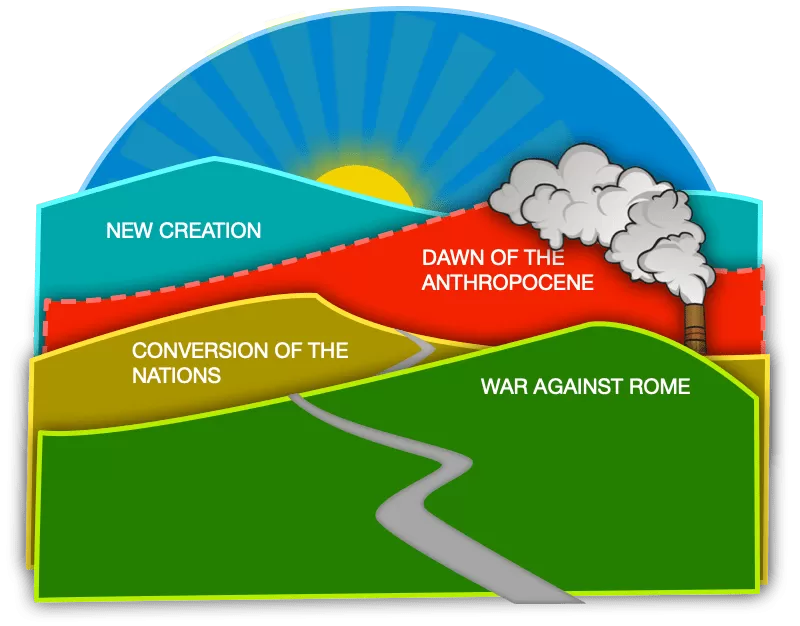Now available! Hell and Heaven in Narrative Perspective (second edition)
The question of whether the Bible teaches that the unsaved will suffer an eternity of conscious torment in the fires of hell after they die is not quite the hot topic it was ten years ago, when the first edition of this book came out, but it continues to trouble a great many people. For a growing number of disillusioned “evangelicals” it’s all the reason they need finally to ditch the Bible as a compendium of antiquated, wrong-headed, and sometimes quite sinister claptrap.





Recent comments